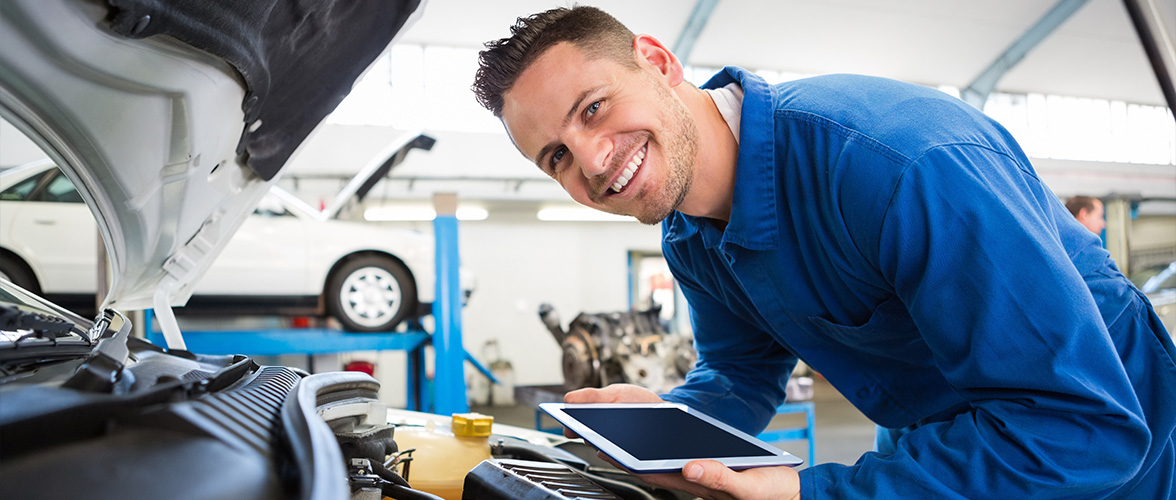All Categories
Featured

Maintaining your vehicle in peak problem requires focus to different upkeep tasks, with fluid checks being amongst the most important. Car fluids play important duties in guaranteeing smooth procedure, safety, and longevity. Overlooking fluid upkeep can cause considerable performance concerns or expensive repair work. Listed below, we'll explore the significance of monitoring and keeping your vehicle's fluids and ideas for doing so successfully.
- Engine Oil: Securing Crucial Elements. Engine oil ensures that the moving parts of your engine stay lubricated, reducing rubbing and preventing overheating. Gradually, engine oil breaks down or ends up being polluted, reducing its effectiveness. Without proper lubrication, engine elements can put on out promptly, leading to reduced efficiency or full failing.
How to Preserve: Examine the oil level making use of the dipstick and top off if needed. Follow your automobile's solution timetable for oil modifications, normally every 3,000 to 7,500 miles, depending upon the kind of oil and your driving habits. 2. Coolant: Managing Engine Temperatures. Coolant, or antifreeze, helps manage your engine's temperature, stopping getting too hot in summer and freezing in winter season. As it distributes, coolant absorbs excess heat and resolves it via the radiator. Gradually, impurities can accumulate, or the fluid may degrade, decreasing its performance.

How to Maintain: On a regular basis check coolant degrees in the tank and inspect for leaks or discoloration. Flush and change coolant as recommended, normally every 2 to five years. 3. Transmission Liquid: Smooth Gear Operation. Transmission fluid oils the transmission system and makes sure smooth gear shifts. A properly maintained transmission liquid protects against overheating and secures inner elements from wear. Failing to preserve this liquid can cause expensive fixings or replacements.
Exactly How to Preserve: Examine the liquid degrees (if your lorry has a dipstick for transmission fluid) and check its shade. Burned or dark liquid indicates it's time for a change, often every 30,000 to 60,000 miles. 4. Brake Liquid: Ensuring Security. Brake liquid is necessary for transferring pressure from your foot on the brake pedal to the stopping system, enabling your auto to quit successfully. Gradually, brake fluid can take in wetness, reducing its boiling factor and jeopardizing braking performance.
Exactly How to Preserve: Inspect the brake liquid level and problem. Have it changed if it appears unclean or dark. Many producers recommend changing brake liquid every 2 years or as needed. 5. Power Steering Fluid: Easy Ability To Move. Power guiding liquid allows for effortless and smooth steering. Reduced levels or contaminated fluid can make steering hard, increasing the danger of mishaps.
Exactly How to Keep: Evaluate the fluid regularly and fill up if levels are reduced. Look out for leaks, which can cause guiding system damages if unsettled. 6. Windscreen Washing Machine Fluid: Clear Exposure. Though not connected to efficiency, windscreen washer fluid is essential for keeping presence. It assists maintain the windshield clean, specifically during bad weather or when dust gathers.

Just How to Keep: Re-fill the storage tank as required and utilize washing machine liquid made for your environment to avoid freezing or streaking. Ideal Practices for Fluid Upkeep. Adhere to the Maker's Arrange: Refer to your car's proprietor handbook for upkeep intervals certain to your auto. Screen for Leaks: Identifying fluid leakages early can protect against severe damages. Search for pools or stains under your lorry. Utilize the Correct Fluids: Constantly utilize liquids advised by your automobile's producer to prevent compatibility problems. Pay Focus to Indication: Dashboard caution lights, weird scents, or unusual efficiency can indicate fluid-related issues. The Advantages of Routine Liquid Checks. Improved Performance: Fluids in excellent condition assistance all systems run smoothly. Expanded Lifespan: Appropriate lubrication and cooling avoid early damage on components. Enhanced Safety: Brake fluid and coolant are crucial for risk-free driving. Cost Cost savings: Dealing with liquid concerns early can avoid expensive repair work later. Final thought. Monitoring and preserving your vehicle's liquids is a uncomplicated but vital component of car possession. Whether it's oil, coolant, or brake liquid, remaining aggressive with maintenance is the essential to lasting automobile health and wellness.
Latest Posts
Check Out Outstanding Vehicle Maintenance Services from Montclare Auto Repair – Keep Your Car Running Smoothly
Published en
1 min read
When to Tell When Your Car Needs Professional Auto Repair at Montclare Auto Repair
Published en
1 min read
Protect Your Home with Top Quality Residential Roofing
Published en
1 min read
More
Latest Posts
Check Out Outstanding Vehicle Maintenance Services from Montclare Auto Repair – Keep Your Car Running Smoothly
Published May 29, 25
1 min read
When to Tell When Your Car Needs Professional Auto Repair at Montclare Auto Repair
Published May 22, 25
1 min read
Protect Your Home with Top Quality Residential Roofing
Published May 21, 25
1 min read